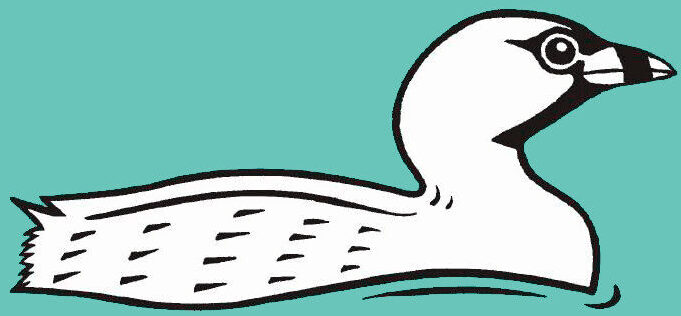Perhaps the threat of poor weather deterred some members, but 16 came along. For some, this was a first visit to the site and they were rewarded with a good days birding. The morning stayed dry as we walked around. Chiffchaff, Great Spotted Woodpecker, Greenfinches, Goldfinches and a Pheasant were around the feeders. A Little Grebe was seen on the pond and the first Reed Warblers were calling in the reeds, and eventually they were seen and also a Sedge Warbler. Cetti’s Warblers were very active and again some folk had good sightings. Only a few were fortunate to see two juvenile Bearded Tits and one member saw a Bittern diving into the reeds. The Cuckoo could be heard but not seen and a Buzzard turned out to be the only raptor of the day. A male Reed Bunting was picked up in the telescope and his plumage much admired. Common Whitethroats were singing from perches and a few Swifts flew over the reserve. The estuary had the usual Shelduck and a Curlew was eventually located hidden in a dip.
The rain started as we were having lunch, but we were able to shelter in the hides at Goldcliff for the afternoon. The lagoons had a fair amount of water, certainly more than our visit in May, but we saw very few chicks this time and I wondered if they had been predated. A large flock of Black-tailed Godwits were feeding and a sizeable flock
of Dunlins flew in. Lapwing, Ringed Plover and Little Ringed Plover were seen. The six legged Little Ringed Plover confused us until we spotted the two young sheltering underneath. Some Avocets were around but only one chick could be seen. The Canada Geese appeared to be the most successful with their brood of goslings. We saw a few Swallows at Goldcliff but there were no House Martins seen. A total of 45 species were identified. (Thanks to Margaret and Ray for leading.) Margaret Bulmer
